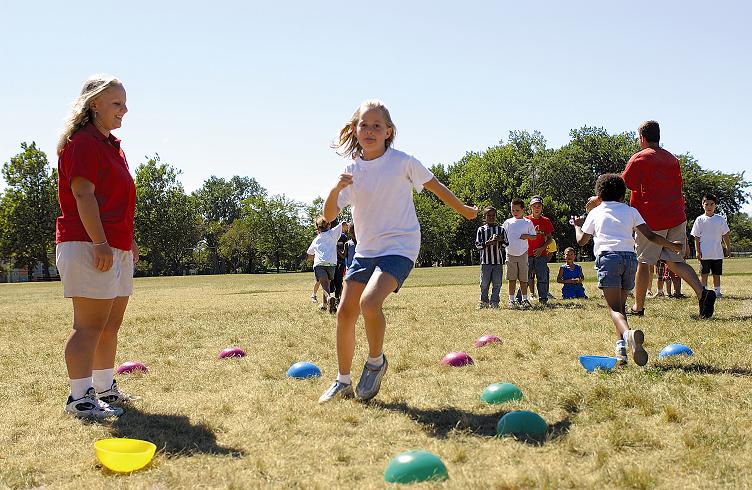By YMCA
Safety is of utmost importance in the Y. For an organization dedicated to nurturing the potential of every child and youth, improving the nation’s health and well-being, and supporting and giving back to our neighbors and community, the Y engages in many safety related programs and practices so that each person who steps foot into the Y leaves the Y a better, healthier person.
One such program Y’s actively participate in is concussion management in youth sports. By following the CDC’s HEADS UP program, Ys are using the CDC’s youth coaches and parent HEADS UP trainings so that all adults know how to prevent concussions from happening, but also recognize symptoms and circumstances when a concussion might have occurred, and what to do about it. Along with proper protocols for making sure kids don’t continue to participate in activities should they have sustained a concussion, Ys also have recommendations (and in most states, laws to follow) that determine when and how a child suspected or diagnosed with a concussion can “return to play”. Regardless of whether kids are active in team or individual sports, organized or “pick-up” games, inside the gym or outside on a field, safe and deliberate procedures have to be followed so that kids get regular physical activity that is safe and healthy.

A second safety oriented program found in hundreds of Ys across the country are youth and adult swim lessons. As the summer heats up, Y swim instructors teach literally thousands of children, youth, teens and adults how to not just be safe in and around water (pools, water parks, lakes, rivers, and oceans), but also how to enjoy the water for the fitness and well-being benefits it offers. Whether it be to swim laps, play water games, skin or scuba dive, do water exercises, or just splash around, Y swimming lessons are vital to keeping everyone safe around the water, while also creating another means for enjoyable physical activity. We all know how hard it is to get some kids out of the water, even after hours of swimming around, playing made up games, diving, or hanging onto mom or dad’s neck. Knowing how to swim is vital to any child or adult. Learning how to swim can be fun, especially if done by a trained, empathic instructor, like the one’s you’ll find at the Y.
You may also find bike safety programs, lifeguard training, babysitting certifications, CPR, and First Aid trainings at your local Y.
During these summer months, get and stay active, in a safe and sensible way. What are your summer plans for staying active? What safety tips can you share? Will you be indoors or outside? Are you planning on trying something new? Learning or perfecting a new skill?